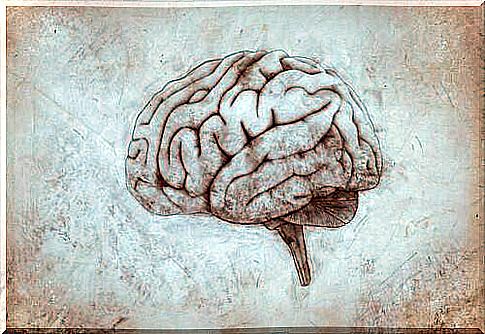A Resilient Personality: “Hello World! I’m Still Here! “

There are people who have a strong ability to overcome setbacks or painful emotional experiences. You could say they have a resilient personality, or they could be said to have the personality of a fighter. In the face of adversity in life, not losing your courage to face life does not mean being a fanatic by nature. This requires a very positive attitude towards life, perseverance and steadfastness.
The loss of a loved one, physical or psychological abuse, natural disaster or failure are circumstances that put us to the test. We can develop this ability to be strong and swim against the current in dramatic conditions. In psychology, such a personality type is known as the “resilient personality”.
There are two types of resilient personalities and they differ in their abilities: there is the ability to maintain one’s identity under pressure and in destructive conditions, and the ability to maintain a positive outlook on life in extremely difficult circumstances. In both cases, resilience is a dynamic process of adapting to adverse environments and traumatic experiences.
Suffering and the brain
Mental suffering changes the brain. Constantly on alert releases increased amounts of cortisol, which would not be necessary under more relaxed conditions. Our alarm system needs cortisol to prepare our body for an emergency. But when the cortisol level is too high, and it is consistently the case, it hinders our growth. It also affects our immune system’s defenses and our ability to pay attention.
The hormone testosterone also plays a crucial role in chronic stressful situations. These situations , which are harmful to our organism, lead to a considerable reduction in testosterone levels, which in turn has the consequence that our assertiveness is restricted. We can no longer be so attentive and there are problems trying to find solutions. Our creativity is impaired and we only come up with stereotypical thoughts, experience a schematic repetition of what we have already experienced.

Does a resilient personality correspond to a certain classification?
Post-traumatic stressful situations are confronted differently by a less resilient personality and a resilient personality: Those who have a less resilient personality reactivate memories of traumatic events more intensely and more frequently. It happens compulsively and in the form of intrusive thoughts. These memories activate areas of the brain such as the locus coeruleus, the amygdala, the hippocampus, and the neocortex.
A resilient personality, on the other hand, seems to be the result of several processes that counteract these activations in difficult situations. Dehydroepoandrosterone (DHEA) plays an important role in this. It inhibits the release of glucocorticoids and glutamate. Among other things, this prevents cardiovascular diseases.
In this context, it was found that subjects with greater intellectual capacity and cognitive activity, statistically speaking, have a higher level of resilience. They seem to be able to cope with trauma more easily and deal with it. Empathy, self-knowledge, a sense of humor, a positive approach to situations and an awareness of the present are other traits that can be observed in resilient people. They are flexible people who are looking for meaningful purpose in their life. They have good social interaction skills and know how to deal with frustration and insecurities in life.
Resilience can be trained
Our emotions and how we encounter an event depend more on our attitude than on external factors. The key is how we perceive situations. We can train our resilience by understanding that negative emotions limit us and positive emotions bring us closer to change.
It’s about developing the ability to respond to difficult situations in a positive way. Often times it is beyond our power to change certain circumstances, but we can develop strengths that will facilitate our responses to them and that will help us minimize the inconveniences of life.
We can take many steps in this direction. We can rewrite our story, help others, relieve stress, and be mentally ready to set new beliefs and goals. When we change our internal dialogue, we can see the world and ourselves in a different way.

We should see conflicts as opportunities for growth in the future. We should remind ourselves of how we have overcome hurdles in the past because that too leads to greater resilience.
To be strong requires a lot of perseverance and trust in everything we can create with our skills and efforts. At the same time, we should learn from the past and allow ourselves to experience intense emotions while dealing with them in an intelligent way.









